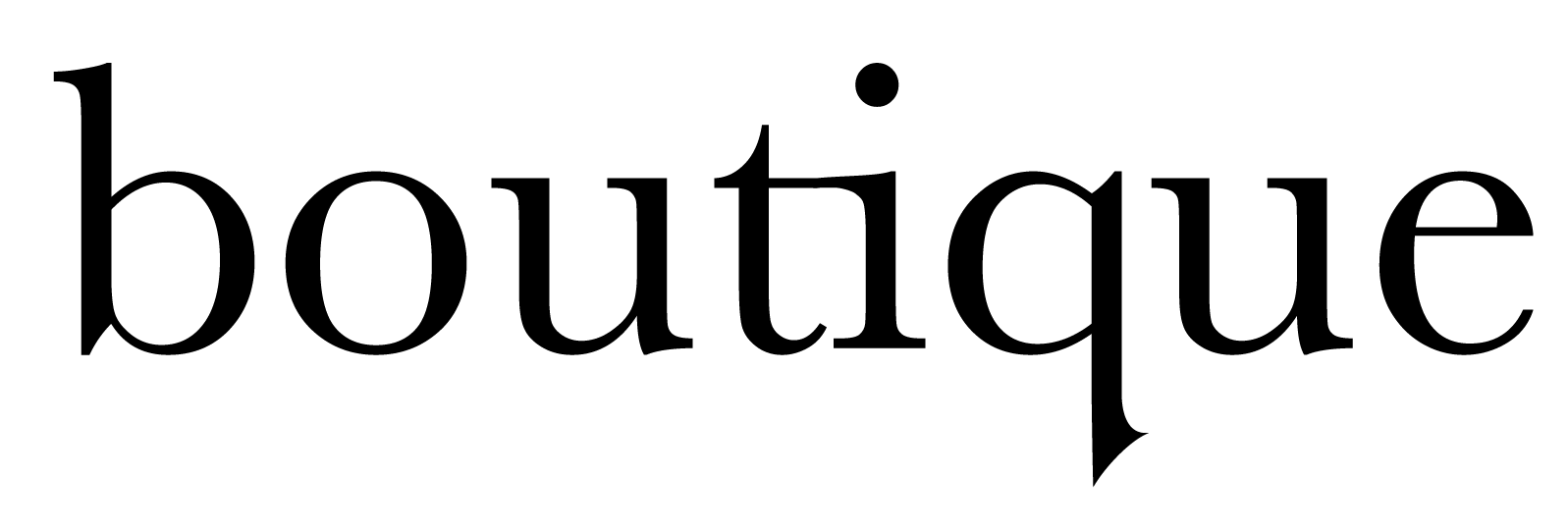Words to avoid using in an office environment
We are all guilty of using the below words in one sentence or another. The good news is there are easy fixes for each of them.
Just
How often do you start a sentence with “Just wanted to check in”? It sounds innocuous, but every time you use “just,” you’re minimizing your request and unintentionally coming off as insecure in the process. Time to press that backspace button.
Try/Hopefully
Yoda once said, “Do or do not, there is no try,” and this same principle is true in the office. If a co-worker asks for something, instead of saying, “I’ll try to get that done this week” or “Hopefully I’ll get it done,” give a specific time, like, “I’ll have that report back to you by 5PM on Tuesday.”
Certainty makes you seem confident and reliable. Who wouldn’t want that in a team member?
I Think
If you’re the one speaking, everyone already knows your thoughts are coming from you! People tend to use “I think” when they’re not sure of what they’re about to say, undermining themselves in the process.
If you stand behind your opinions, drop the “I think…” If your ideas aren’t fully formed yet, take an extra minute to compose yourself so you’ll be self-assured. It’s definitely worth it, and your colleagues and superiors will take notice.
Literally/Actually/Honestly/Really
Honestly, people actually really literally use words like “literally,” “actually,” and “honestly” all the time when honestly they make literally no sense.
See what happened there? Take these words out; they’re just fillers and never add anything to what you’re saying. Plus, chances are you’re using them incorrectly (especially “literally”) anyway.
Sorry
If there’s one word people say too much in the office, it’s “sorry.”
Not sure if something is worth apologising for? Here’s a litmus test to ask before dropping the “s” word: Did I do irreparable harm here, or am I using “sorry” as a substitute for something more concrete?
The next time you mess up or feel the need to apologize for something trivial, admit fault and offer a solution: “I know you were hoping I’d clean the filing cabinet last week, but I completely mismanaged my time and didn’t get to it. It’ll be done by 11AM today.”
Like
You’ve probably heard it a million times: “Stop adding unnecessary ‘likes’ to your sentences, it makes you sound stupid!”
Want to stop? Slow down your speech and focus on choosing your words wisely. It’s the only way to break this bad habit.
Maybe
No one likes that indecisive colleague who keeps saying he can maybe take a look at the investor report at the end of the day or maybe put on a fresh pot of coffee while she’s in the break room.
No matter what it is, being firm in your commitments makes you appear confident and dependable, which can only help you only your career.
Always/Never
Nothing is ever entirely certain in the office, so avoid talking in absolutes like “always” or “never.” For example, instead of saying that you’d never work with a certain client again, be more concrete as to why you didn’t enjoy working with that person (but also don’t take anything off the table).
Stuff/Thing
Instead of emailing a co-worker asking for “that spreadsheet thing” from last week, take extra time for added explanation: “Can you send me our expenses spreadsheet for this month that we created last week?” You’ll be happy you didn’t do that “Wait, what thing?” email back ‘n’ forth.
By focusing on eliminating these everyday words from your vocabulary, you’ll be on your way to bigger and better things in your career in no time.

